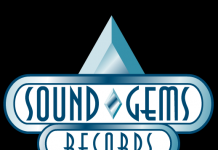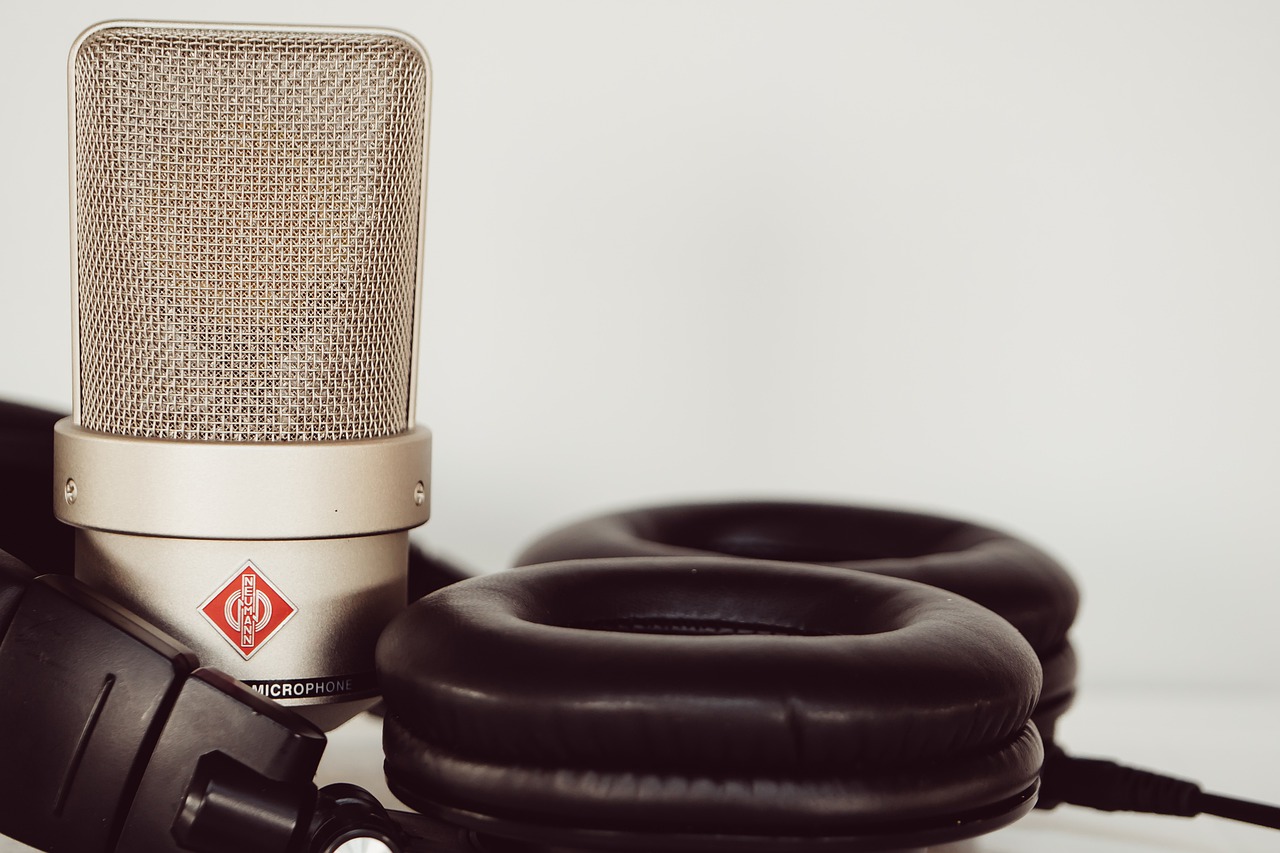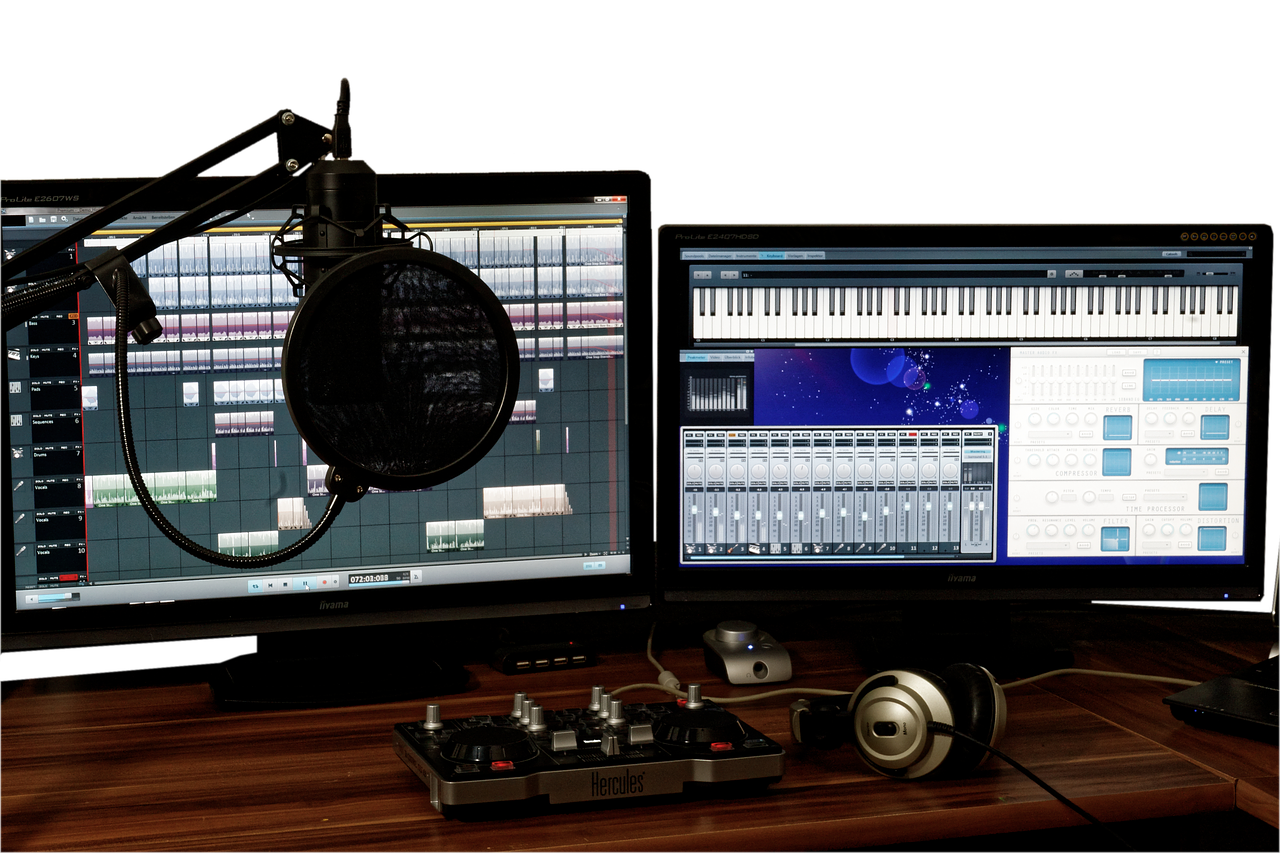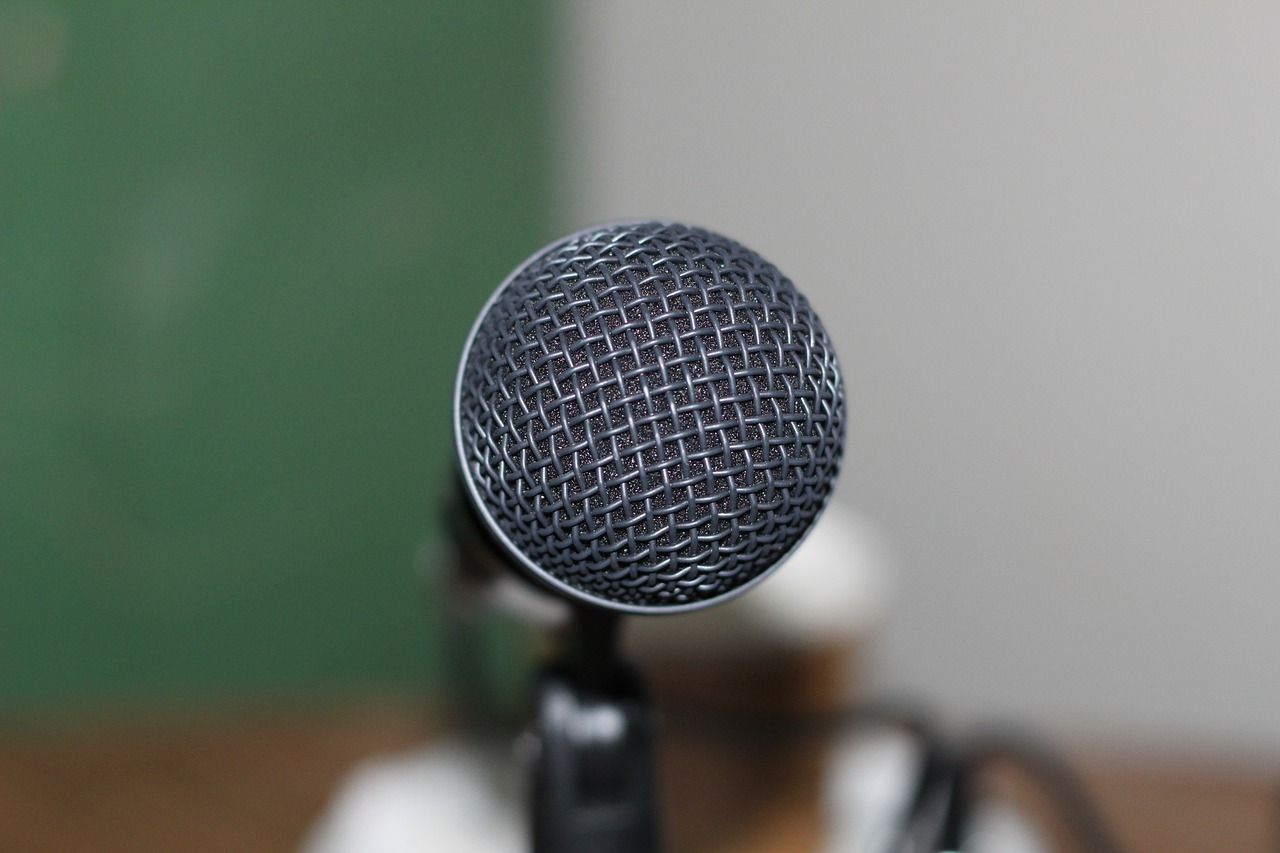The Irving S. Gilmore Music Library at Yale University is one of the largest collections of music scores, sound recordings, and music research materials in the United States. As such, the Music Library reflects the centrality of musical performance and scholarship to the University throughout its history. The library holds a wealth of printed, recorded, online, manuscript, and microform materials for the performance and study of music. These include approximately 100, 000 scores and parts; 70, 000 books about music; 35, 000 LP recordings and compact discs; and 425 active subscriptions to music periodicals. Ebooks and online databases of articles (citations and full-text), books, scores, sound recordings (streaming audio), and video recordings (streaming video) allow Yale students and faculty to access materials from anywhere in the world, 24/7. Among the strengths of the Music Library collections are complete runs of nearly every available monumental set and composer’s collected editions, and an extensive reference collection of encyclopedias, dictionaries, bibliographies, composer thematic catalogs, library catalogs, and discographies, including online reference resources. Hundreds of published facsimiles that recreate the appearance of early editions and important manuscripts, such as the Squarcialupi Codex and the Chansonnier of Jean de Montchenu, form another rich collection that enhances our understanding of the compositional process and physical forms in which music was made available during earlier periods.
Amplifying the Music Library’s circulating, periodical, and reference collections are the of rare editions, single manuscripts, and archival collections, as well as the, the, and the . The special collections include 11, 600 microforms of manuscripts, scores, books, dissertations, library catalogs, manuscripts, periodicals, and scores; 45, 000 pieces of sheet music; 95, 000 photographs; 4, 000 linear feet of archival materials; 560 individual music manuscripts not forming a portion of a larger collection; more than 160, 000 historic sound recordings; and thousands of audio and video interviews. Music also forms an important part of at Yale.
History of the Music Library
The commitment to music manifested itself in the University Library before 1850, by which time the Library had already begun acquiring important European publications of music scores and periodicals. The bequest of Lowell Mason’s private library in 1873 increased the University’s holdings in music by an additional 10, 000 items and added to the Library numerous manuscript scores and early printed writings about music.
In 1902 a small music collection was created in the Department of Music, where it was housed in a single room. In 1917, with the construction of Sprague Memorial Hall, the Department’s music collection was moved to a well-appointed room in the new building. At the same time, music materials were collected from the University Library and combined with the Department’s holdings to form one large music collection. The Music Library continued to grow, and when the Yale School of Music obtained new quarters in the early 1950s, the Music Library expanded to fill the first floor, basement, and portions of the upper floors of Sprague Hall. Once again too large for its surroundings, the Music Library moved in 1998 to a new facility constructed in a courtyard of Sterling Memorial Library and named for Irving S. Gilmore (Yale ’23). At the same time the Historical Sound Recordings and American Musical Theatre collections moved into the Music Library.
Music Library Special Collections
The Music Library’s Special Collections provide students and researchers with a world-class collection of primary source material in music, including manuscripts, archives and personal papers, and rare editions. The special collections are cataloged in Orbis, the card catalogs, and the Finding Aid Database. Most of the collections are housed off-campus and require one to two business days for retrieval. Students and researchers should make appointments in advance to study the collections.
Rare books, scores, and periodicals
The Special Collections include an extensive collection of historical treatises on music theory and early publications of opera scores and chamber music. A few are housed in the Beinecke Library, may be paged through Orbis, and studied in the Beinecke by appointment.
More:
- What is the main technical task of web design agency? The first step is to understand the purpose of creating a website, to understand what functionality, structure and appearance it should have, creating a common modular grid and shaping the future structure of content delivery. In the technical task, each of the above points is thought out in details, after which the project is agreed with the customer. After its confirmation, the stage can be considered to be completed. Further in the graphic editor the design of the site is developed. You can create and try to realize your most unusual ideas.







